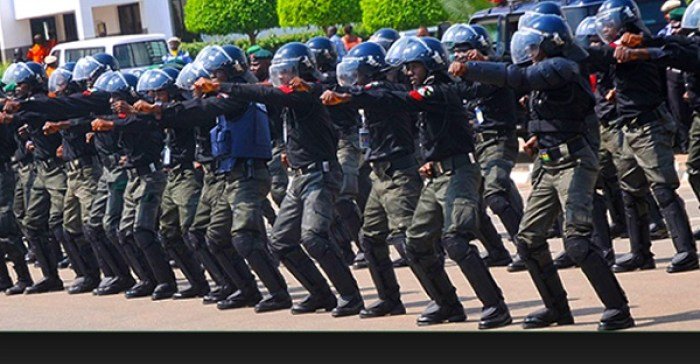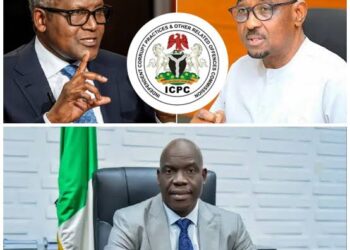By Francis Onabis
The growing call for state police in Nigeria reflects a genuine concern about rising insecurity, but it also presents a dangerous policy direction. While decentralization may appear attractive on the surface, granting governors authority to establish and control armed police forces risks deepening political abuse, victimization, and instability across the federation.
A more sustainable solution lies not in fragmenting law enforcement, but in overhauling and strengthening the Nigerian Police Force (NPF) as a national institution. Reform should focus on four key policy areas:
1. Redefining Police Priorities
The Nigerian Police should primarily serve citizens, not function as personal guards for politicians and their families. If the protection of Very Important Persons (VIPs) is necessary, government should establish a dedicated Secret Service Protection Unit under clear legal guidelines, thereby freeing the police to focus on public safety.
2. Police Welfare and Incentives
Low morale remains a core challenge. Policymakers must prioritize competitive salaries, healthcare, housing, and pensions for officers. Without improving welfare, no structural reform will succeed.
3. Funding and Accountability
Nigeria’s governors collectively receive billions in “security votes” annually, often without transparency. Redirecting these funds to directly support the police—with legislative oversight—would ensure better equipment, training, and operational capacity.
4. Modernization and Capacity Building
Effective policing today requires advanced technology, forensic tools, reliable patrol vehicles, and continuous professional training. Investment in these areas will ensure that the NPF evolves into a modern, intelligence-driven force.
Policy Recommendations
To achieve these goals, the following reforms should be considered in drafting any new security legislation:
Establish a National Police Reform Bill that sets clear priorities for citizen-focused policing.
Create a Secret Service Protection Unit for political office holders and VIPs, separate from the Nigerian Police Force.
Legislate the redirection of state “security votes” into a transparent Police Welfare and Equipment Fund managed jointly by the Federal Government, the Police Service Commission, and civil society observers.
Introduce a National Police Welfare Framework covering minimum salary, insurance, pensions, and housing for all officers
Provide statutory funding for modern policing tools—forensics labs, communication systems, surveillance drones, and rapid-response vehicles.
Mandate annual training and professional certification for officers, with incentives for performance and discipline.
Establish a National Policing Oversight Committee to ensure accountability, prevent abuse of power, and build trust between police and citizens
Conclusion
Nigeria does not need fragmented, state-controlled police forces vulnerable to political misuse. What the nation urgently requires is a professional, well-resourced, and accountable national police service that can earn public trust and deliver security for all citizens. Reforming the Nigerian Police Force is the wiser and safer path than creating parallel state forces. The focus should be on building institutions—not multiplying weaknesses.



































